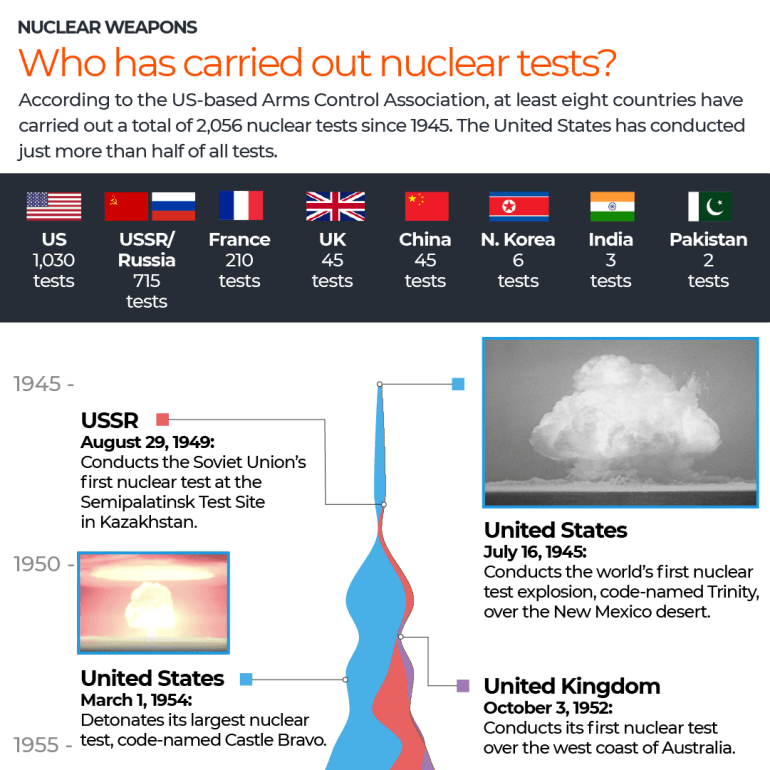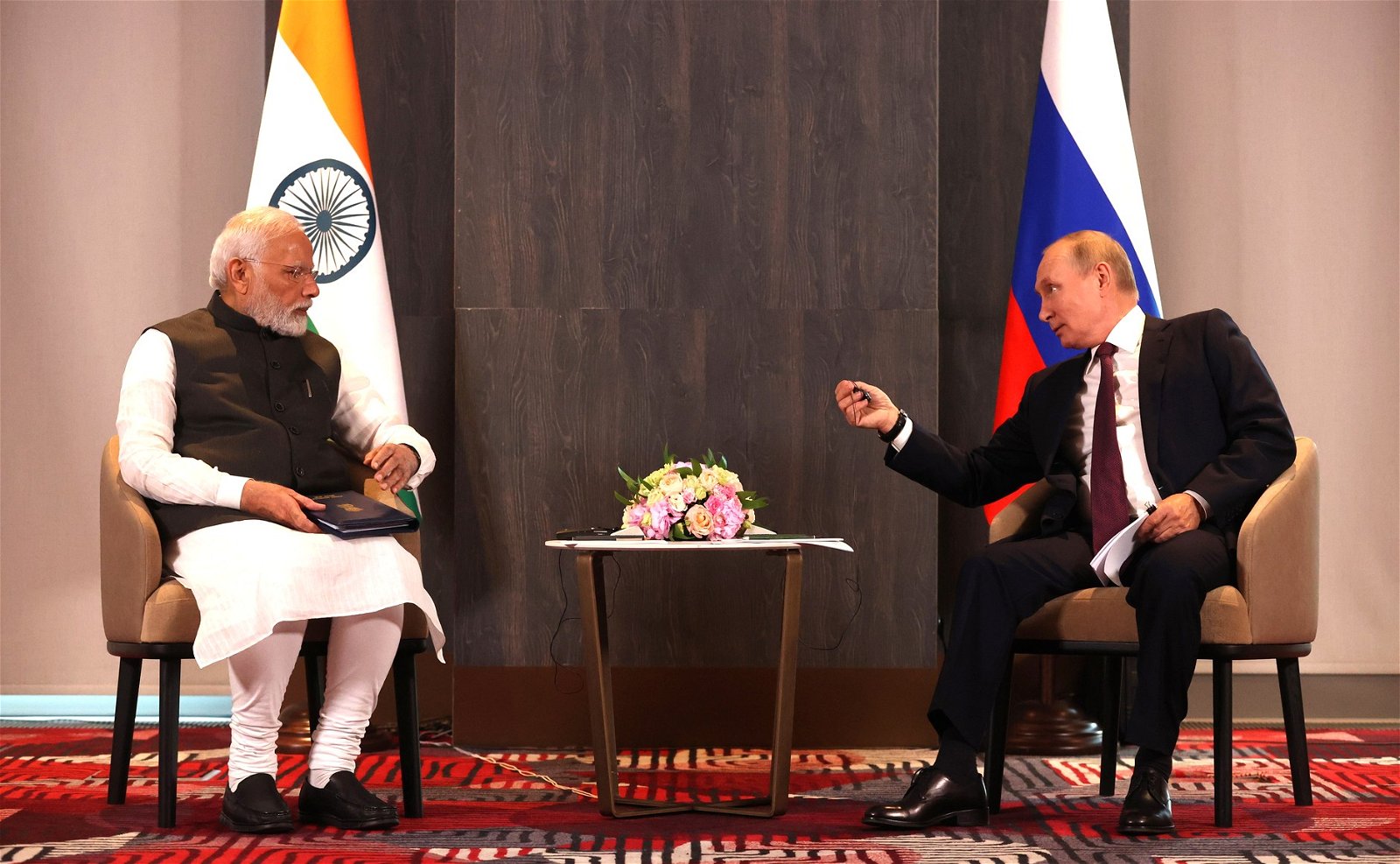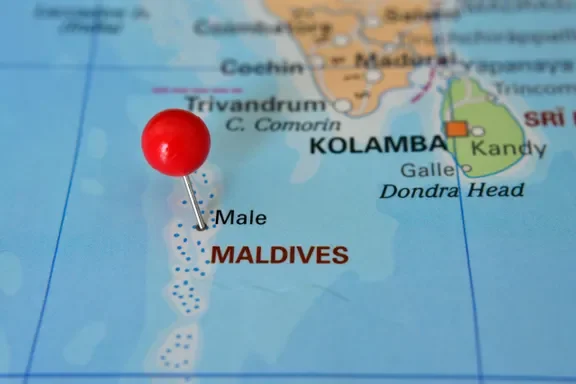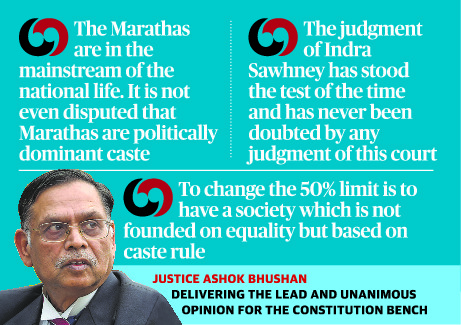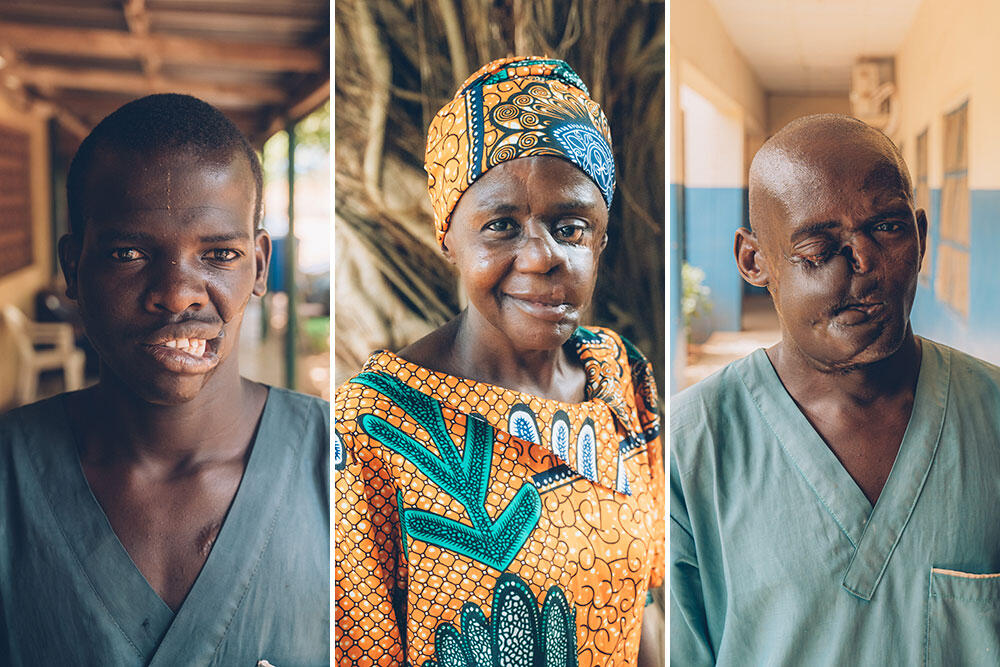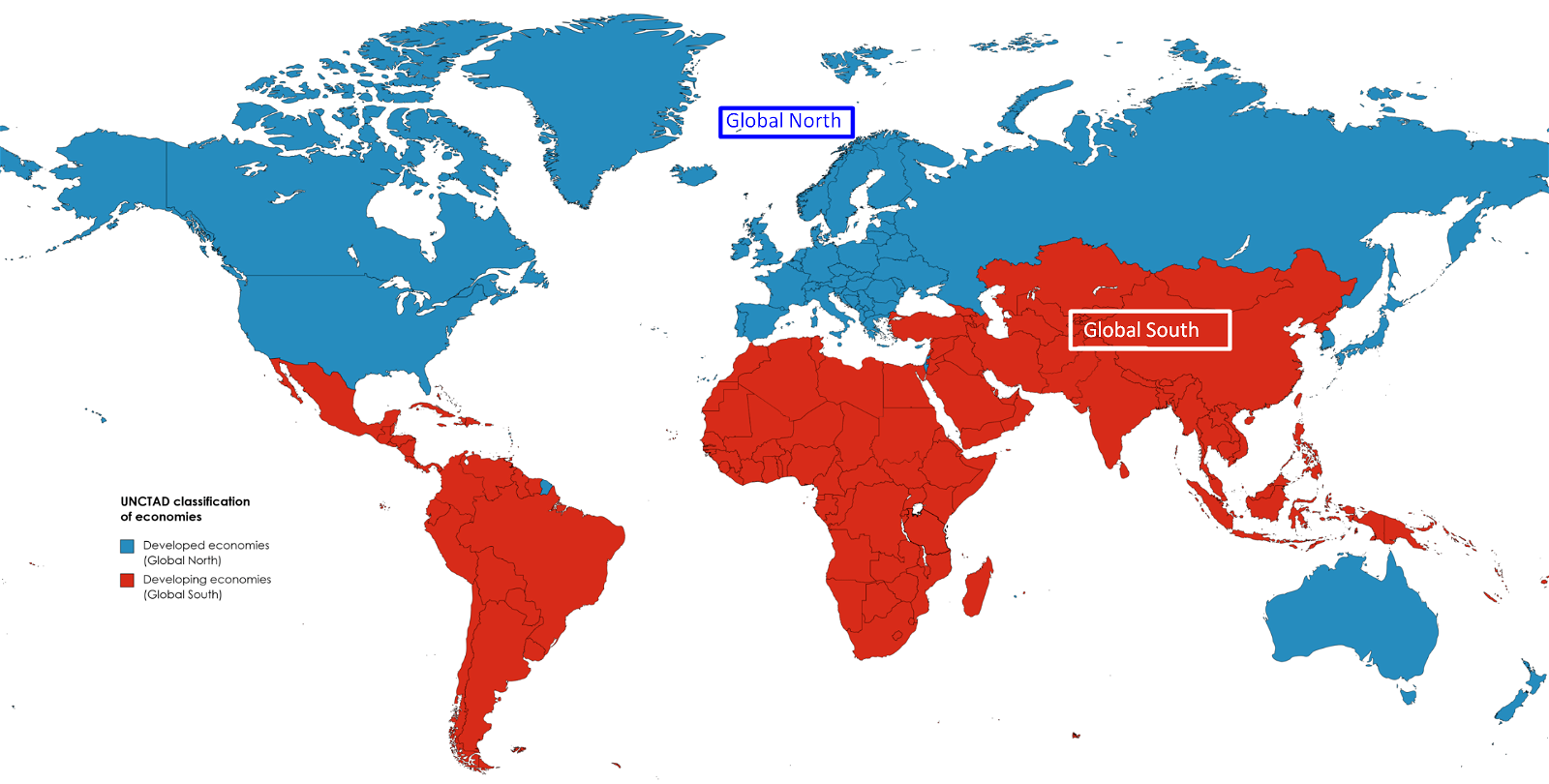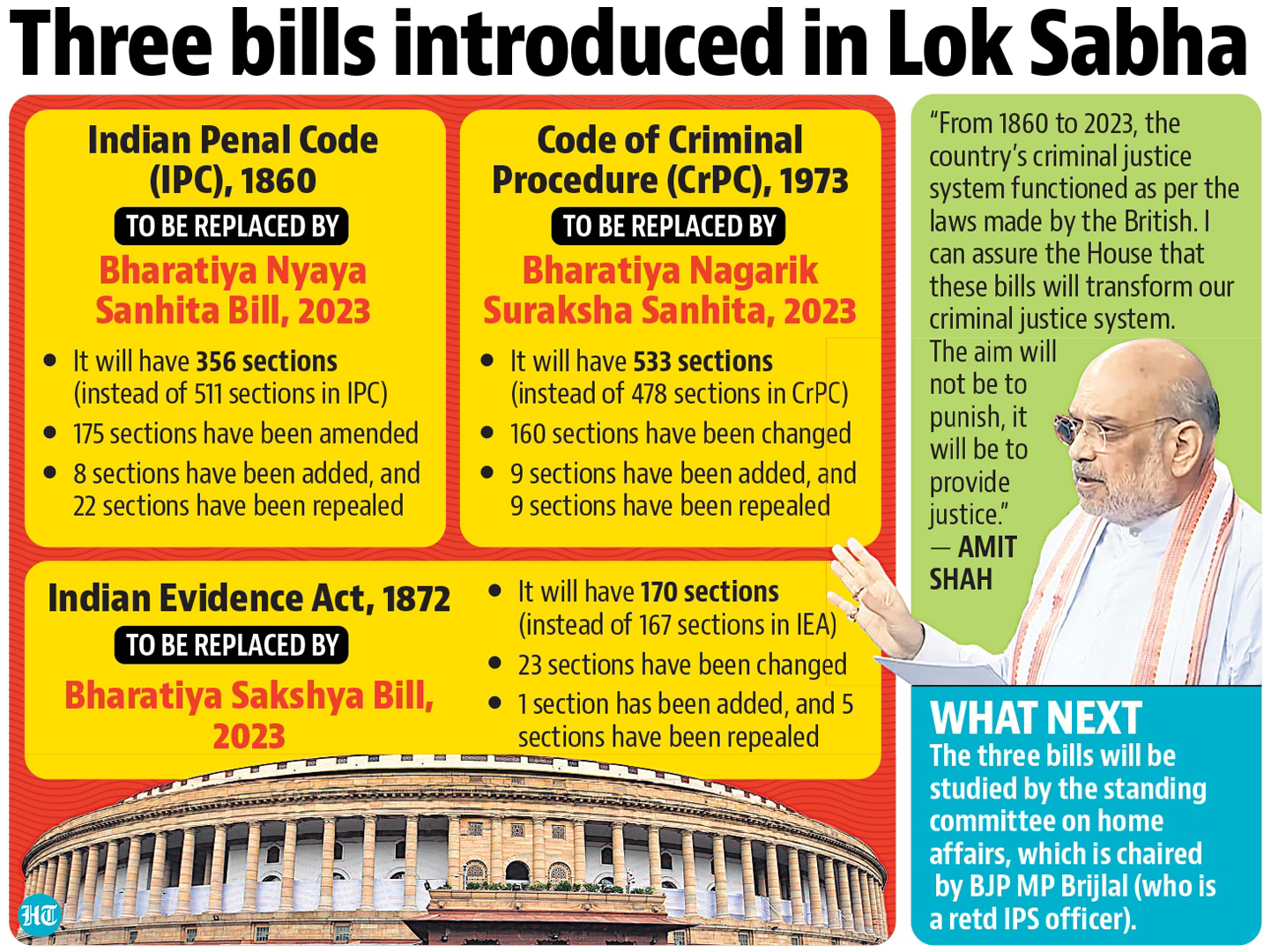
POCSO Act: Protection of Children from Sexual Offences Act
Subscribers of "Current Affairs" course can Download Daily Current Affairs in PDF/DOC
Subscribe to Never Miss an Important Update! Assured Discounts on New Products!
Must Join PMF IAS Telegram Channel & PMF IAS History Telegram Channel
Protection of Children from Sexual Offences Act (POCSO Act)
- Context (TH): Former Bombay HC Judge Pushpa Ganediwala, known for controversial POCSO Act judgments, is seeking a pension through the court.
- She resigned after SC refused to confirm her permanent appointment to the HC after she delivered several controversial judgments concerning cases of sexual assaults against women and children.
- In 2021, she adjudicated an appeal against a trial court order that sentenced the offender to three years in prison, the minimum sentence for sexual assault against children under the POCSO Act.
- Ganediwala ruled that for an offence to qualify as sexual assault under the POCSO Act, there had to be skin-to-skin contact with sexual intent!
- Ganediwala reduced that the man had committed the offence of outraging a woman’s modesty under section 354 of the IPC as he had groped the child through her clothing!
- In a second case, she ruled that the acts of a man who exposed himself to a five-year-old child did not constitute offences under POCSO, as there was no physical contact.
- In a third case, she acquitted a man holding that the absence of signs of violent struggle on women indicated it could not have been non-consensual.
Salient Features of POSCO Act, 2012
- POCSO Act is the first comprehensive law in India dealing specifically with sexual abuse of children. It seeks to protect children from sexual assault, sexual harassment and pornography.
- The Act, for the first time, defines penetrative sexual assault, sexual assault, & sexual harassment.
- It also includes penalties for storing pornographic material and abetment of an offence.
- The Act defines certain actions as “aggravated penetrative sexual assault”. These include:
- The cases when the offender is a police officer, armed forces member, or public servant.
- The cases where the offender is a relative of the child.
- If the assault injures the sexual organs of the child or the child becomes pregnant, etc.
- It criminalises all sexual activities for those under the age of 18, even if consent was factually present between two minors.
- Each district shall designate a Sessions Court to be a Special Court. The state government shall establish it in consultation with the Chief Justice of the HC.
- A POSCO case must be disposed of within a year from the date the offence is reported.
- It empowers the National Commission for Protection of Child Rights and the State Commission for Protection of Child Rights to monitor the implementation of the provisions of this Act.
- If a child has committed an offence under POSCO, it shall be dealt with under the Juvenile Justice (Care and Protection of Children) Act, 2015.
POCSO (Amendment) Act, 2019
- The amendment has enhanced punishment under various sections of the Act, including the death penalty for aggravated sexual assault on children.
- It defines child pornography and makes it punishable.
- The act added two more grounds to the definition of aggravated penetrative sexual assault:
- Assault resulting in the death of the child.
- Assault committed during a natural calamity.
POCSO and MTP
- A registered medical practitioner (RMP) is obliged under Section 19(1) of the POCSO Act to report to the police when a minor approaches him/her for an abortion.
- SC’s 2022 judgment exempted RMPs from disclosing to the police the identity of minors who have come in for an abortion, only on request of the minor and the guardian.
- This was done to enable minors to approach an RMP for abortion without fearing exposure.
POCSO Act and Consent
- Under the POCSO act, the consent of a child is immaterial.
- Consensual sexual intercourse with or among adolescents is treated on par with rape.
Demand for changing the age of consent
- With the enactment of POCSO, several young couples in consensual and non-exploitative relationships have found themselves embroiled in the criminal justice system.
- Chief Justice of India (CJI) D.Y. Chandrachud appealed to the government to relook at the issue of the age of consent under the POCSO Act.
- Madras High Court recommended that the age of consent be revised to sixteen.
United Nations Convention on the Rights of the Child (UNCRC)
National Commission for Protection of Child Rights (NCPCR)
Composition
|




![PMF IAS Environment for UPSC 2022-23 [paperback] PMF IAS [Nov 30, 2021]…](https://pmfias.b-cdn.net/wp-content/uploads/2024/04/pmfiasenvironmentforupsc2022-23paperbackpmfiasnov302021.jpg)
